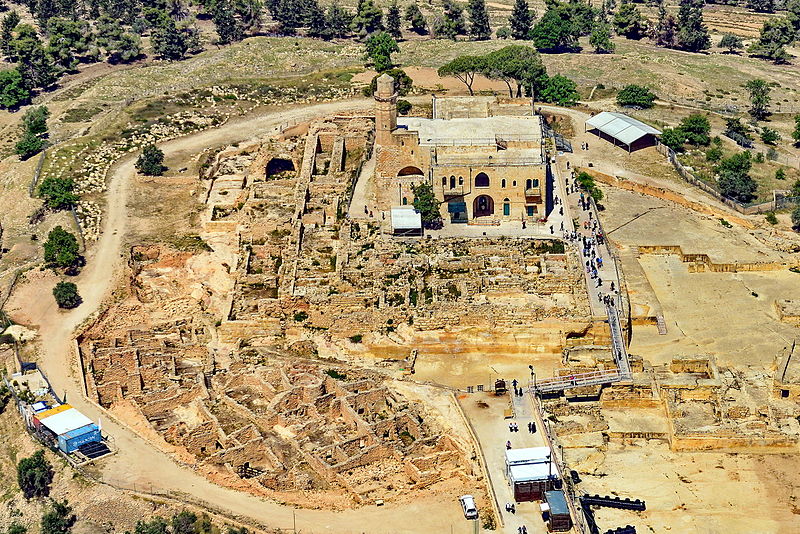11 Sept. Baasha kills Nadab and becomes King of Israel
“Nadab son of Jeroboam became king of Israel during the second year Asa was king of Judah. Nadab was king of Israel for two years, and he did what the LORD said was wrong. Jeroboam had led the people of Israel to sin, and Nadab sinned in the same way as his father Jeroboam.”
“Baasha son of Ahijah, from the tribe of Issachar, made plans to kill Nadab. Nadab and all Israel were attacking the Philistine town of Gibbethon, so Baasha killed Nadab there. This happened during Asa’s third year as king of Judah, and Baasha became the next king of Israel.”
“As soon as Baasha became king, he killed all of Jeroboam’s family, leaving no one in Jeroboam’s family alive. He destroyed them all as the LORD had said would happen through his servant Ahijah from Shiloh…”
“Baasha attacked Judah, and he made the town of Ramah strong so he could keep people from leaving or entering Judah, Asa’s country.”
“Asa took the rest of the silver and gold from the treasuries of the Temple of the LORD and his own palace and gave it to his officers. Then he sent them to Ben-Hadad son of Tabrimmon, who was the son of Hezion. Ben-Hadad was the king of Aram and ruled in the city of Damascus.”
“Asa said, ‘Let there be a treaty between you and me as there was between my father and your father. I am sending you a gift of silver and gold. Break your treaty with Baasha king of Israel so he will leave my land.’”
“Ben-Hadad agreed with King Asa, so he sent the commanders of his armies to attack the towns of Israel. They defeated the towns of Ijon, Dan and Abel Beth Maacah, as well as all Galilee and the area of Naphtali. When Baasha heard about these attacks, he stopped building up Ramah and returned to Tirzah.”
“Then King Asa gave an order to all the people of Judah; everyone had to help. They carried away all the stones and wood Baasha had been using in Ramah, and they used them to build up Geba and Mizpah in the land of Benjamin.”
“Everything else Asa did – his victories and the cities he built – is written in the book of the history of the kings of Judah. When he became old, he got a disease in his feet. After Asa died, he was buried with his ancestors in Jerusalem, the city of David, his ancestor. Then Jehoshaphat, Asa’s son, became king in his place.”
(1 Kings 15:25-29 & 17-24)

Jeroboam’s son, Nadab, was killed by Baasha who became King of Israel in c.910BC. In fulfilment of Ahijah’s prophesy (see 1 Kings 14:10), Baasha destroyed the whole of Jeroboam’s family.
In order to strengthen the southern frontier of Israel and to protect himself from the people of Judah, Baasha fortified Ramah - which was only about 5 miles / 8 km north of Jerusalem, the capital of Judah.
King Asa of Judah then spent much of the gold and silver from the Temple in Jerusalem to forge an alliance against Israel with Ben-Hadad, the King of Aram (centred on Damascus in modern-day Syria).
Persuaded by Asa to renege on his treaty with Israel, Ben-Hadad then conquered the northern parts of Israel around Dan and Kinnereth (the Sea of Galilee). Faced by opposition on both his northern and southern borders, King Baasha of Israel abandoned Ramah and retreated north to Tirzah, where he built a new capital in more secure territory in the hill country of Ephraim north east of Shechem.
Making the most of Baasha’s retreat to Tirzah, the people of Judah occupied the land immediately north of Jerusalem, and used the stone and timber from Ramah to fortify their own cities of Geba and Mizpah.
The photo (by Avraham Graicer) shows the archaeological excavations on the site of Mizpah.
You can read more about Tirzah @ https://www.thebiblejourney.org/biblejourney2/32-the-divided-kingdom-amp-journey-into-exile/israel-and-judah-fight-each-other/
